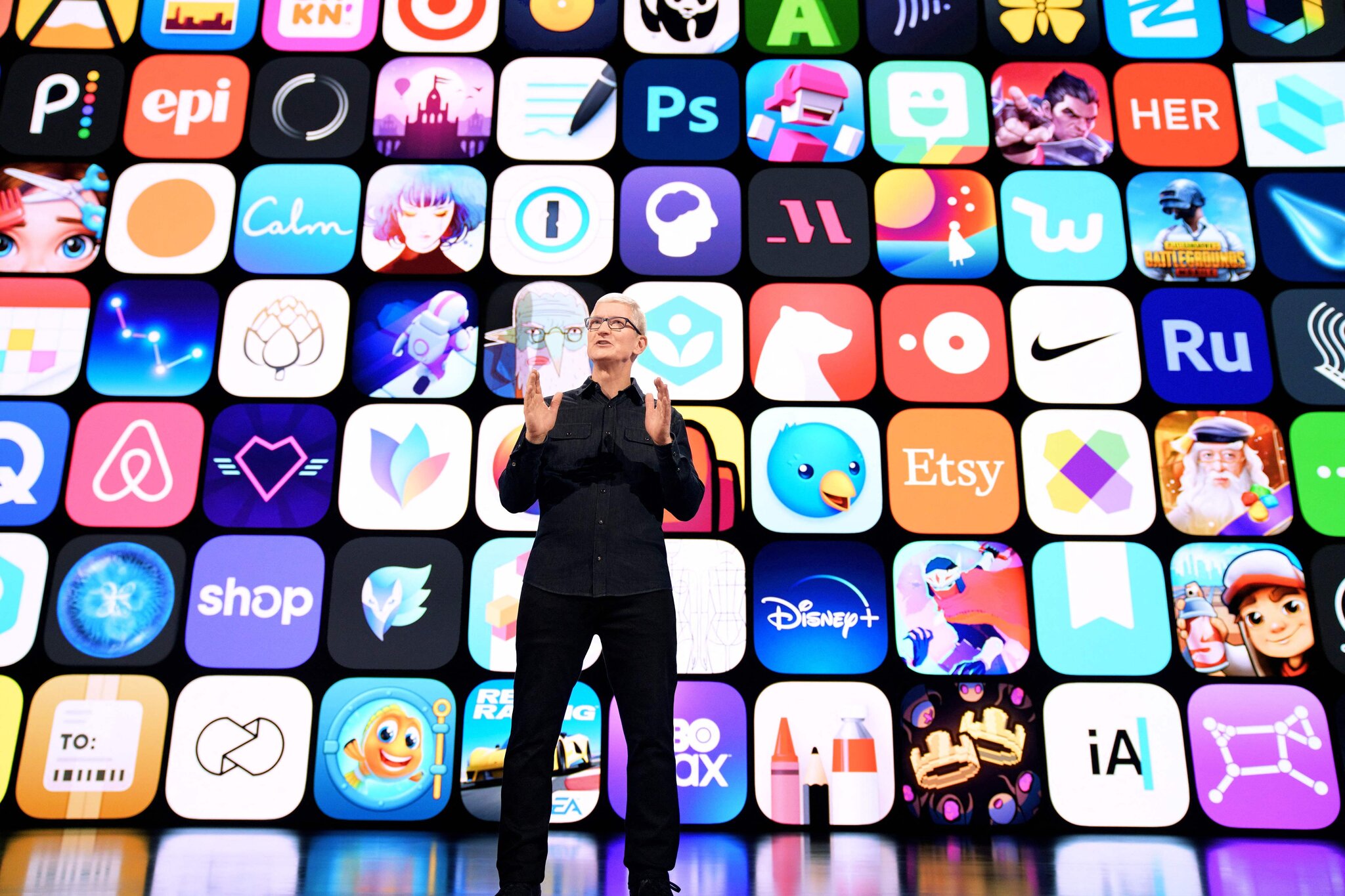Apple has asked for an appeal of the verdict in its major lawsuit against Epic, which could result in potentially billions of dollars and some control over the App Store. Apple won the lawsuit in most aspects (the firm even referred to the decision as a “resounding victory”), with Judge Gonzalez Rogers opting for Apple on nine of Epic’s ten claims, but it did lose one significant way: According to the decision, Apple violated California’s anti-steering rules. The court ruled that Apple must enable developers to link to other payment systems. The new policy would have taken effect in December, but it may be delayed until later — and it appears that’s the goal.
Concerns about how effectively Apple protects App Store customers
As part of the appeal, Apple is asking for a stay to prevent the company from having to implement the new anti-steering rules, arguing that it “will allow Apple to protect consumers and safeguard its platform while the company works through the complex and rapidly evolving legal, technological, and economic issues.”

For example, Apple says that the new anti-steering rule is unnecessary because the company had already agreed to delete the offending section of its App Store Guidelines in the Cameron v. Apple settlement, although it’s news to us: At the time, Apple only agreed to “clarify” that app developers could communicate with consenting consumers, not connect their apps to outside financial systems. That was seen by developers as a diversion. Apple didn’t announce the complete removal of any section of its App Store Guidelines at that time.
It also appears that Apple is genuinely concerned that the court order would force them to open up the App Store to other payment systems, despite what certain Apple pundits have claimed. A button might actually be a button:
“Links and buttons to alternate payment mechanisms are fraught with risk. Users who click on a payment link embedded in an app—particularly one distributed through the curated App Store—will expect to be led to a webpage where they can securely provide their payment information, email address, or other personal information.”
Apple goes on to claim that if it were forced to enable app developers to link third-party payment systems, it wouldn’t be able to safeguard customers from fraud:
“While Apple could examine the links in the version of the app submitted for review, there is nothing stopping a developer from changing the landing point for that link or altering the content of the destination webpage. Additionally, Apple currently has no ability to determine whether a user who clicks on an external link actually received the products or features she paid for. Apple already receives hundreds of thousands of reports each day from users and allowing links to external payment options would only increase this burden. In essence, the introduction of external payment links, particularly without sufficient time to test and evaluate the security implications, will lead to the very same security concerns that Apple combats with the use of IAP more generally, which the Court agreed were legitimate, pro-competitive reasons for the design of the App Store.”
There are a number of outstanding concerns about how effectively Apple protects App Store customers — just last week, it added a function that allows users to easily report suspicious App Store fraud.

A variety of issues are addressed in the document. Overall, the company says that the “precipitous implementation of this aspect of the injunction would upset the careful balance between developers and customers provided by the App Store, and would irreparably harm both Apple and consumers.”
In another case, Apple claims that transaction platforms like the App Store can promote competition despite steering limitations, citing a prior case, Ohio v. AmEx.
It’s crucial to remember that Apple has only filed an appeal; we don’t know if the court will accept the appeal or grant the stay at this time. Apple said it hadn’t decided whether to appeal after the court’s decision first came down in September.
Epic has announced its intention to appeal the same day that Judge Gonzalez Rogers issued her decision and permanent injunction against Apple. It was clear from the beginning that Epic wasn’t happy.
Epic CEO Tim Sweeney issued his response to the appeal, and it’s pretty much what you’d expect:
Apple filed a peel https://t.co/hvnfgg8lZC pic.twitter.com/TouBIrKiSp
— Tim Sweeney (@TimSweeneyEpic) October 9, 2021





